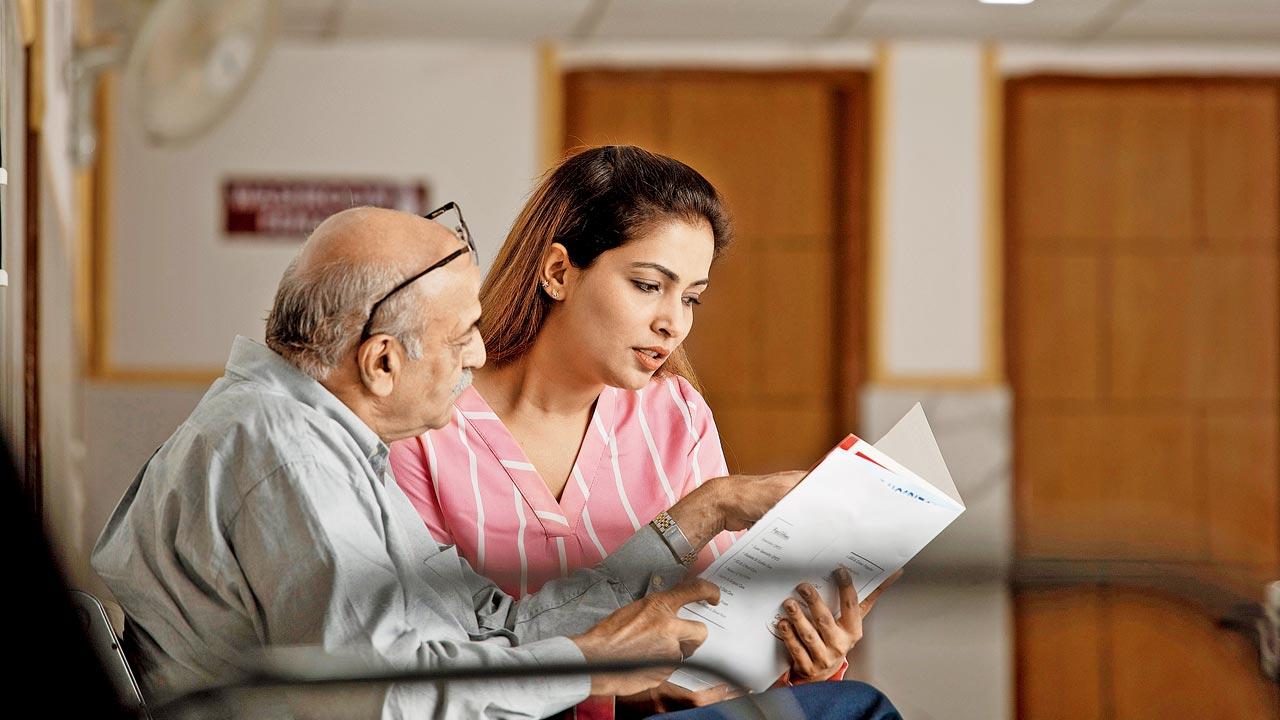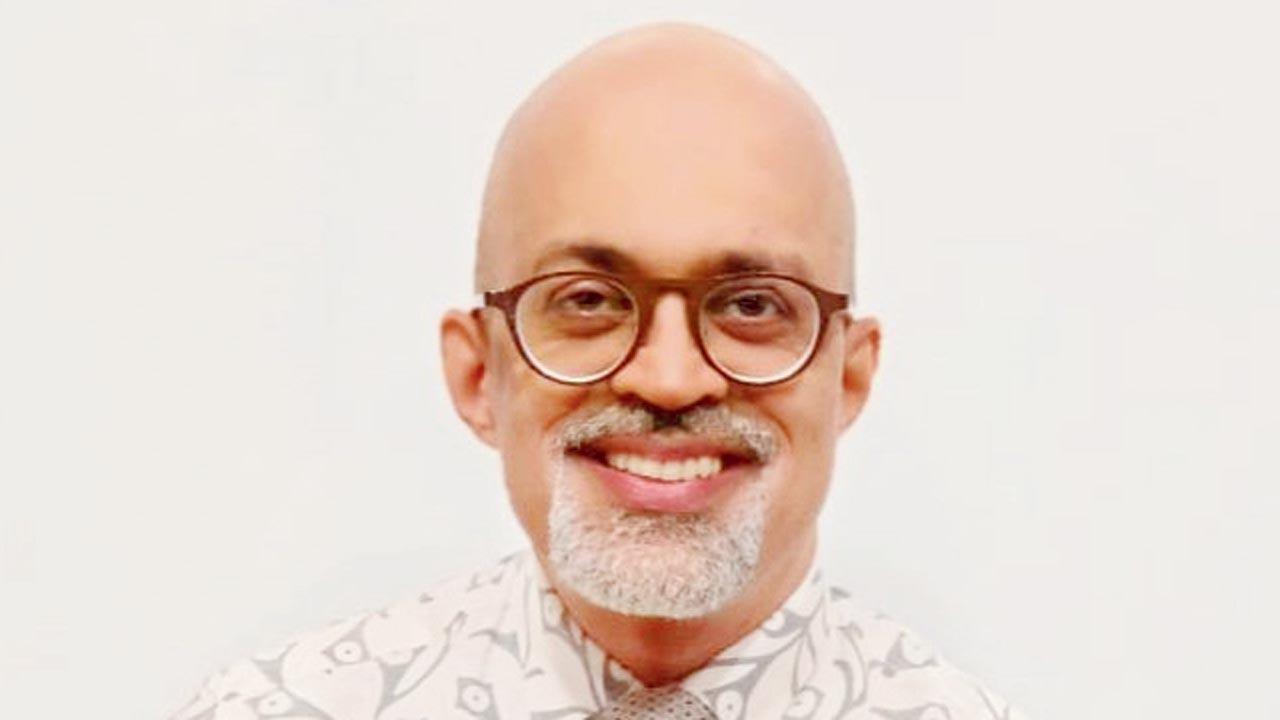Rising medical inflation, threats of a yet-to-be-contained virus and a volatile market make medical insurance a necessity rather than a choice. Insurance experts explain the nuances of its financial benefits

A good medical insurance plan proves to be a financial asset against rising medical inflation rates
In a post-pandemic India, people have woken up to the importance of having medical insurance. This is not easy in a volatile market. As of today, medical inflation in India stands at 14% — the highest among all Asian countries — and is expected to grow globally by 10% this year.
The term refers to rising costs of medical procedures with every passing year. These could be the result of pandemics (as recently evidenced), increased costs of medical equipment and drugs, high demand or service costs. The Indian market faces a combined effect of multiple factors in play for its inflation.
Lack of awareness
Medical insurance has only caught attention after the recent pandemic. Chris George, CEO and co-founder of Qube Health, says, “It is ironic and unfortunate that even after 35 years, less than two or three percent of the population has health insurance. Traditionally, it has been viewed as a tax mitigation measure. Hence, people opt for the bare minimum in terms of cover.”
 Always examine the insurer’s claim turnaround rate
Always examine the insurer’s claim turnaround rate
There is also a misconception that insurance is an investment. Metilda Stanley, MD and CEO, Techsurance Pvt Ltd, warns against it. “The layperson needs to understand insurance is not an investment. It is a safety net; a plan B. All your financial plans can go haywire if you don’t have this contingency plan against age and accompanying health risks,” she says.
Both agree that many Indians tend to avoid insurance till a medical emergency befalls them. “We remain among the highest spenders of out-of-pocket medical expenses in the world,” George remarks.
Avoiding high premiums
In such situations, finding the right insurance to suit your medical conditions remains a challenge. The Qube Health CEO adds, “It always helps to start early. At 20, you can avail of a health insurance policy for R1 crore at a far lesser premium. But then, how many young individuals will think of buying insurance at their age?”
Stanley agrees, “Insurance requires you to gauge potential risks, expenses and future ailments. It is difficult, and few 20 or 30-year-old want to do that.”
 Individuals above the age of 50 remain vulnerable and need the buffer of insurance
Individuals above the age of 50 remain vulnerable and need the buffer of insurance
Rishi Piparaiya, a former banker and author of Three Pigs to Financial Freedom, explains, “Insurers examine your age or health. With time, you will develop lifestyle-related diseases, which makes it harder to obtain good cover at low premiums.” This affects individuals above the age of 50 the most. Stanley confirms, “In such cases, group covers are the only way out. If an employer offers to cover you and your parents, it is an opportunity. Family floater plans help, but the premiums are expensive. Regardless, insuring them can prove a major mitigation since they are the most vulnerable to illness.”
Reading the fine print
Piparaiya notes that the pandemic has woken people up, but there is still much to learn. “When buying insurance, you need to carefully check factors such as hospitals covered by the plan, treatments insured, and whether or not they fall in the cashless category,” he says.
Stanley adds, “A prudent individual should invest a factor of their annual income for future insurance. Always confer with four or five companies. It also helps to know their claim settlement ratio and turnaround time.”
 Chris George, Metilda Stanley and Rishi Piparaiya
Chris George, Metilda Stanley and Rishi Piparaiya
George points out, “Individual covers are preferable over the group cover. Also, the hospitalisation of one member of the family should not jeopardise the others.”
Cutting through the red tape
The fine print and details are often what confuse people. Then, there are factors such as cap or no cap. Piparaiya points out that cap and top-ups are simply add-ons that can be factored in later. “They affect factors such as the quality of medical service, rooms and facilities etc. Having insurance with as much cover you can get is priority,” he says.
Stanley explains that the red tape and details are necessary for the insurer as well. “Insurance is always a partnership and has to be a win-win for both parties. Insurers are also regulated, and held accountable,” she says. She suggests individuals maintain full disclosure with their insurers beforehand. “It helps keep them on your side, and avoid delays. Also, do not use up your insurance for cosmetic surgeries such as dental or cosmetic makeovers.”
Changing perceptions
Through it all, the experts agree that the pandemic has changed perception among Indians. “There is a growing number opting for medical insurance,” George says.
In the end, medical insurance is not a growth investment but a safety net for the future. Stanley remarks, “Over the long run, insurance becomes an asset. People have a misconception that if they have been paying a premium, they need to use the policy somehow. No, it is for your peace of mind.”
From the doctor’s lens

Dr Vishwanathan Iyer, neurosurgeon
There are a growing number of policies that are crafted to suit specific requirements. From the hospital perspective, the presence of insurance allows us to reduce waiting time for medical procedures. I do not have to wait for the family to pool resources while the patient struggles. It is definitely key in critical cases and helps the patient. The good thing though is that I see many among the younger generation opting for medical policies. Many firms have also begun to offer covers for their staff. It ensures loyalty, and also helps with their tax mitigation. Either way, it proves to be beneficial.
 Subscribe today by clicking the link and stay updated with the latest news!" Click here!
Subscribe today by clicking the link and stay updated with the latest news!" Click here!








